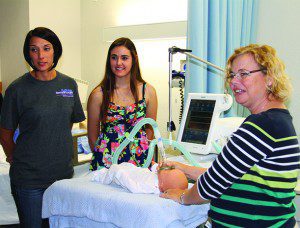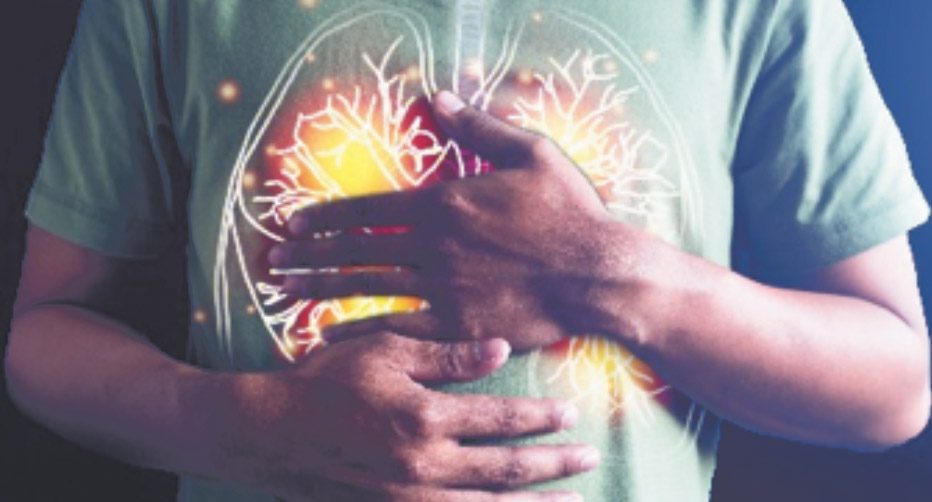By Dr. Marie Collins, Dean, FSW School of Health Professions
 New technology changes how teachers reach students and nowhere is that paradigm more evident than at Florida SouthWestern State College (FSW). In the School of Health Professions, a diverse group of students are prepared for multiple careers ranging from emergency medical technicians to respiratory therapists.
New technology changes how teachers reach students and nowhere is that paradigm more evident than at Florida SouthWestern State College (FSW). In the School of Health Professions, a diverse group of students are prepared for multiple careers ranging from emergency medical technicians to respiratory therapists.
Like many notable hospitals and facilities across the nation, the FSW School of Health Professions is utilizing the latest in educational technology to enhance training. Students are able to learn in ways no one could have imagined a decade ago, and in the process the faculty and program leaders have completely transformed how our future healthcare providers are being prepared.
Following a series of generous gifts from individual donors and organizations like SWFL Children’s Charities and benefactors of the Southwest Florida Wine & Food Fest, the school was able to invest in state-of-the-art simulation equipment. Prior to the development of medical simulation technologies, the only model for quality clinical education was through experiences in local hospitals, but due to differences in rounds, a student may not be exposed to the same medical events as his/her peer. In the past this has led to uneven instruction, but this new simulation equipment helps fill in these gaps in instruction.
Human-sized rubber manikins, programmed with the flick of a few keystrokes on a nearby computer, simulate heart attacks, seizures, asthma attacks and more ensuring training is standard for all students. These manikins are sophisticated pieces of equipment that breathe, sweat, seize, and even change color to simulate lack of oxygen. Many of them are fashioned to resemble children patients and some are even capable of giving birth dozens of times in one day. As the technology develops, so does the opportunity for students to be exposed to more procedures and therefore be more prepared for the workforce. Patient outcomes are also improved because students are able to perfect a procedure multiple times on a manikin. Taking what they learn in the classroom, they run a simulation and then sit down for a debriefing session with the professor. This new learning model has been effective, and many programs in the FSW School of Health Professions have a 90 percent pass rate on licensing exams.
Following a 2014 study by the National Council of State Boards of Nursing recognizing the effectiveness of simulation training, schools are now allowing students to satisfy 50 percent of their clinical hours in a simulation lab.
The FSW School of Health Professions has a cutting edge center specifically devoted to simulation recently named the SWFL Children’s Charities Simulation Center. Here students learn general practices and the special touch it takes to treat children. The need for pediatric services is growing in our region. Children formerly in need of specialized advanced care had to travel to children’s hospitals in Tampa Bay or Miami because procedures weren’t available in our region. That is all changing. The Lee Memorial Health System is constructing a new tower for the Golisano Children’s Hospital of Southwest Florida. The facility will expand local pediatric services and require new, highly trained staff for each of its brand new departments.
The modern technology in health education is a wonderful supplement but the human touch gained through experiences in the patient care environment remains paramount in our programs. Our instructors take great pride instilling the combination of compassionate quality patient care with emerging technologies.
lorida SouthWestern State College
www.FSW.edu
1-800-749-2322








